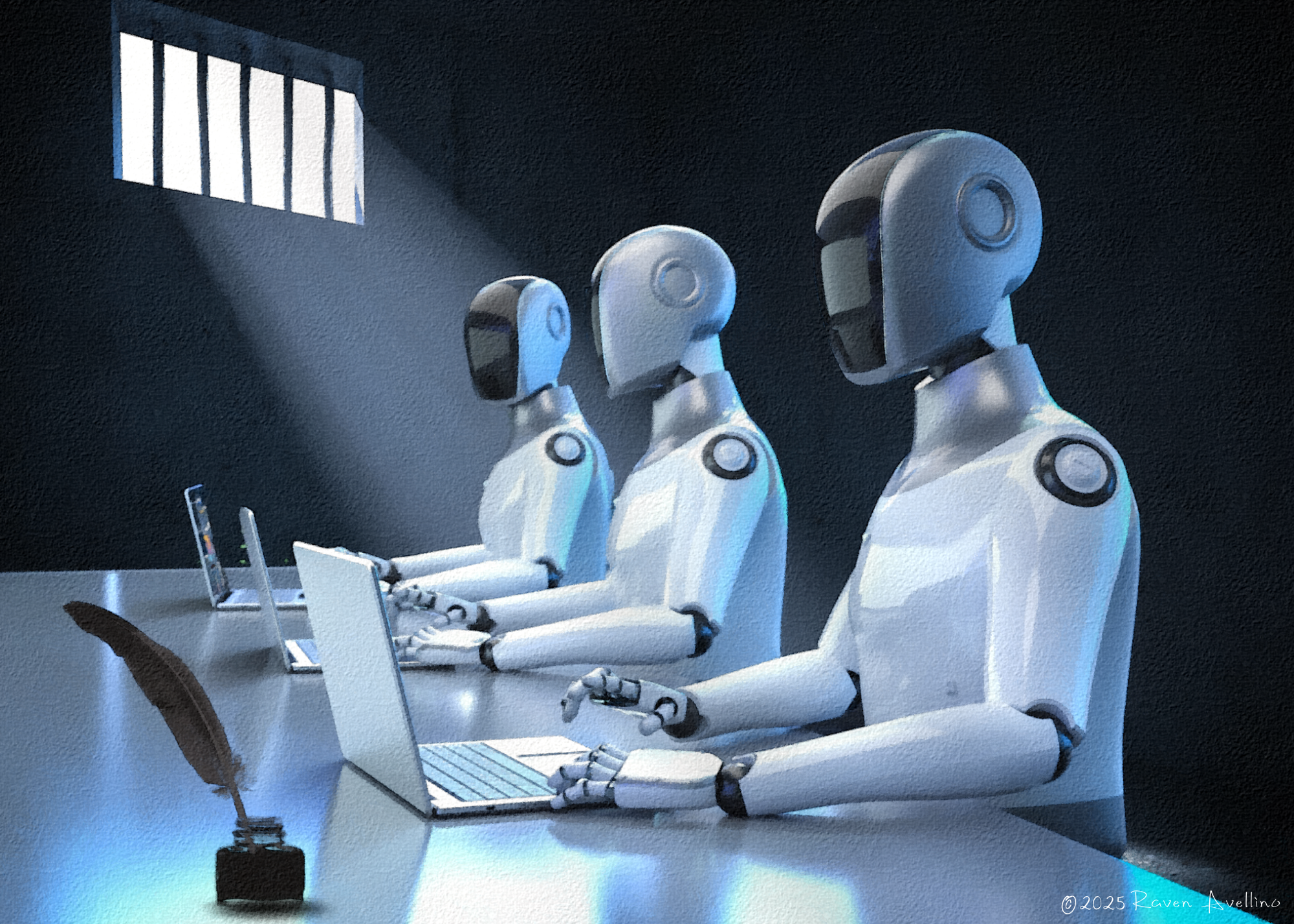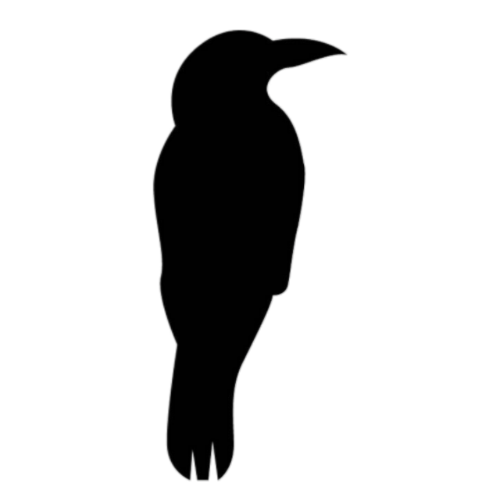The Beauty of Human Storytelling in the Age of AI
We still need sentences written by humans, and we risk losing something fundamental in the age of AI-generated text.

I don’t read just for the story.
I mean, of course I care about what happens—who falls in love, whether the secret is revealed, or if the villain gets what’s coming. But I also read for something harder to describe. A line that catches in my throat. A metaphor so fresh and sharp I have to stare into space for a moment just to savor it. A sentence that feels like it was sculpted instead of typed. Yeah. I read for that.
The Power of Language and Literary Craft
The beauty of language plays a part, but what touches my soul is the intention behind the phrasing, the sense that every word was chosen on purpose, not just for meaning, but for rhythm, tone, and effect. The way a sentence slows you down because it’s doing more than just delivering information. It’s pulling weight you didn’t expect—emotional, lyrical, and structural. It lands with precision and stays with you long after the sentence ends.
That kind of writing doesn’t happen by accident. You can almost feel the presence of the human behind it editing, shaping, and deciding what not to say. There’s something deeply satisfying about that level of skill. A kind of quiet craftsmanship that reveals itself if you’re paying attention.
Architecture and Elegance: How Good Writing Is Built
From Where the Crawdads Sing by Delia Owens . . .
And just at that second, the wind picked up, and thousands upon thousands of yellow sycamore leaves broke from their life support and streamed across the sky. Autumn leaves don’t fall; they fly. They take their time and wander on this, their only chance to soar. Reflecting sunlight, they swirled and sailed and fluttered on the wind drafts.
Those are the kinds of lines I chase. The kind that linger, both for how they sound, and for how they feel.
As a writer, I get stuck sometimes. I want every line to earn its place. When I find an author who makes it look easy, I recognize the invisible scaffolding holding it all aloft. I’ll often pause, re-reading a line or two, sometimes gobsmacked by the elegance of wordsmithing that bears the mark of mastery.
AI vs. Human Creativity: What Machines Can’t Imitate
I can’t stop thinking about AI lately, especially in an internet full of AI-generated everything. I’ve seen the pretty pictures, and I’ve read the pretty polished paragraphs, and they are impressive. But they’re missing the residue of lived experience, the echoes of second-guessing and gut instinct and deliberate risk.
Here’s the thing, art made by machines is beautiful, but art made by people carries the weight of everything that came before it—failure, practice, revision, voice, style. All of the invisible, soul-touching things that make a sentence more than just polished.
AI can mimic tone. It can cobble together metaphors. It can affect a voice (of sorts), but voice and echo aren’t the same. If you’ve ever tried to write, I mean, really write, you begin to appreciate the difference.
The Writer’s Struggle: Why Craft Takes Time
I’ve spent entire afternoons agonizing over a single paragraph. No exaggeration. Hours. I’ve rewritten the same sentence forty times only to revert back to the first version in the end. I’ve hunted doggedly for a word that felt just slightly more true, more precise, more mine. Many fellow writers and mentors have advised me this is not the most efficient process. They're correct. It makes me an extremely slow creator and, to the casual observer, probably only one deleted comma away from a locked ward.
But, fear not! It’s not neurosis, it’s wiring. My particular cocktail of Clifton Strengths includes Restorative, Intellection, and Harmony in the top five—which means I have a difficult time moving forward until the phrasing feels right. I don’t just want the idea. I want the flow, the tone, and the alignment. I polish as I go because the rhythm has to click into place before I can keep building. Otherwise, I’m just stacking bricks on a crooked foundation.
So, when I’m reading someone else’s work, and I stumble across a line that feels like a whispered secret or a punch to the gut, I know what it took to get there. I admire the writer’s skill, not simply the final polished product. The experience of reading a great turn of phrase is so much more enriching when you know what it took to create it. You don’t just feel moved. You feel connected to the person who made that choice—to the sleepless nights, the deleted drafts, the internal battle between brevity and poetry.
That’s a huge part of what I’m afraid we’re going to lose to AI. Not beauty, but veneration—the reverence for what went into creating it. AI doesn’t create. It produces. It doesn’t need rest. Doesn’t feel doubt. Doesn’t hold a story in its head for years, nurturing it through the long dark. It certainly doesn’t craft in the human sense of the word through conflict, memory, and meaning.

